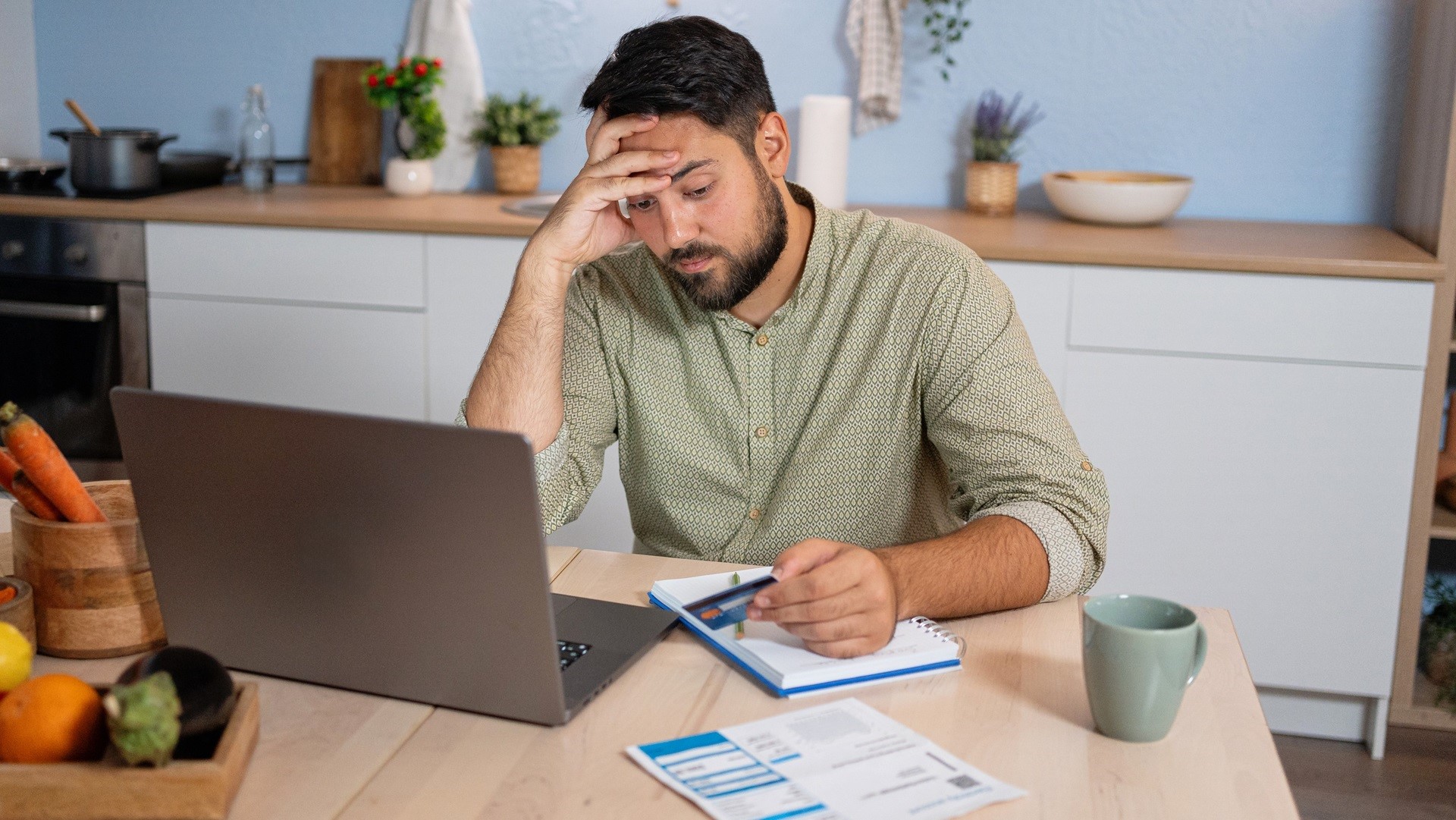
Most buyers know about the down payment they need to come up with to buy a house — but not so much closing costs. These additional costs, which can total up to 6% of the loan amount, often come as a surprise at best, and may not have even been factored into a homebuyer’s budget at worst.
Learn More: 7 Reasons You Should Wait To Buy a Home Amid Tariff Uncertainty
Read Next: The 5 Car Brands Named the Least Reliable of 2025
“A first-time buyer will spend weeks calculating how much they can afford for a house only to realize at the 11th hour they’re short thousands of dollars because they didn’t factor in closing costs,” said Brett Johnson, a licensed Colorado real estate agent and owner of New Era Home Buyers.
Johnson and other experts explained how to prepare and budget for closing costs.
What Are Closing Costs and Why Are They So Easy To Miss?
Closing costs are the fees tied to finalizing the sale, Johnson explained. Some of the expenses they can include are:
- Loan origination
- Appraisal
- Title insurance
- Escrow and taxes
- Lender fees
Closing costs are paid in addition to the down payment, which is a portion of the home price. Most buyers can expect to pay between 2% and 5% of the purchase price in closing costs, Johnson explained.
“So if you’re buying a $400,000 house you could be looking at $8,000 to $20,000 at the closing table.” For many new homebuyers that’s a huge chunk of change they may not have saved up for.
Find Out: Barbara Corcoran: This Is the ‘Real Problem’ With the Housing Market Right Now
How Much Should You Budget for Closing Costs?
While Johnson suggested that on average, closing costs should come in around 2% to 5%, Casey Gaddy, realtor and senior agent with The Gaddy Group at Keller Williams Empower, recommended budgeting for as much as 3% to 6%.
“The usual culprits that buyers don’t always account for are lender funding fees, transfer taxes, homeowners’ insurance, agent or broker fees and title insurance,” Gaddy said.
While you can roll some of these costs into the mortgage to offer some financial relief, Gaddy warned that “will cost you over the long haul.” He explained that rolling even $10,000 at today’s interest rates into a 30-year loan can end up costing more than what you borrowed.
Gaddy suggested that it is better to pay an additional small amount on top of your monthly mortgage payment, even $50 or $100 paid directly to principal every month to cut down on interest.
Can You Lower or Negotiate Closing Costs?
While you might not be able to negotiate down the cost of the home, Gaddy said that lenders typically have their own programs and incentives to make closing costs more affordable. “[S]o it’s worth it to take some time to shop around with lenders to make sure they have a loan product that suits you well and save you thousands at the same time,” he said.
Johnson echoed Gaddy’s point, suggesting that everything from lender fees to title services and even inspections “are things you can shop around for or negotiate.”
There’s one other possibility, depending on how eager the seller is to get their home sold: seller concessions.
“You can absolutely try to negotiate seller paid closing costs … the worst thing they can do is say no,” Gaddy said.
Are There Assistance Programs That Help With Closing Costs?
If coming up with these closing costs is prohibitive, remember to check out programs that can help buyers reduce or even eliminate closing costs. These include government-backed loans like FHA, VA and USDA, some of which may often reduce or absorb additional costs.
Some states also offer local assistance. Johnson pointed out that his state of Colorado is among a variety of states that help first-time buyers with both the down payment and closing costs. These programs can include grants, second mortgages or lender credits.
To explore what’s available in your area, check with your state’s housing finance agency.
Final Prep Tips for First-Time Buyers
For any first-time homebuyers, it’s important to factor in closing costs early — budget and save for them right alongside your down payment. Review all line items in your contracts. “There should never be any ‘hidden’ fees … review everything with your agent just to be sure,” Gaddy said.
Buyers should also shop around with multiple lenders to compare fees and loan options, since differences can add up fast. And depending on the market, you may be able to negotiate with the seller to cover part of your closing costs.
Buying your first home can feel overwhelming, but with preparation and the right team in place, you can avoid common financial pitfalls.
More From GOBankingRates
- New Law Could Make Electricity Bills Skyrocket in These 4 States
- I'm an Economist: Here's When Tariff Price Hikes Will Start Hitting Your Wallet
- 5 Strategies High-Net-Worth Families Use To Build Generational Wealth
- Mark Cuban Says Trump's Executive Order To Lower Medication Costs Has a 'Real Shot' -- Here's Why
This article originally appeared on GOBankingRates.com: The Important Cost Many New Homebuyers Forget To Budget For







